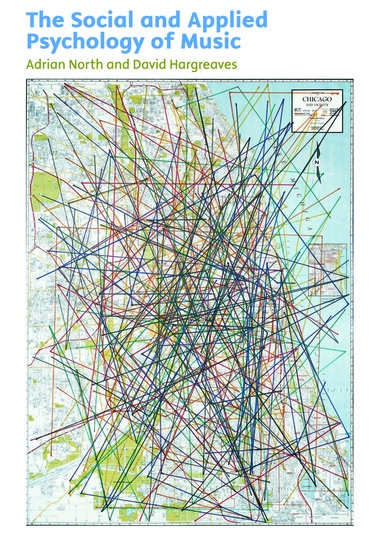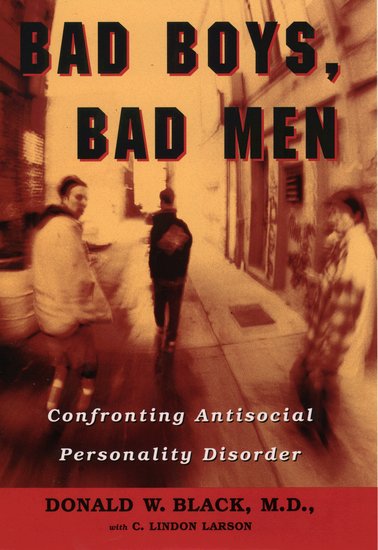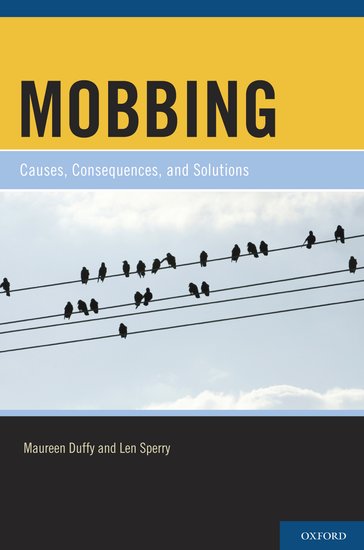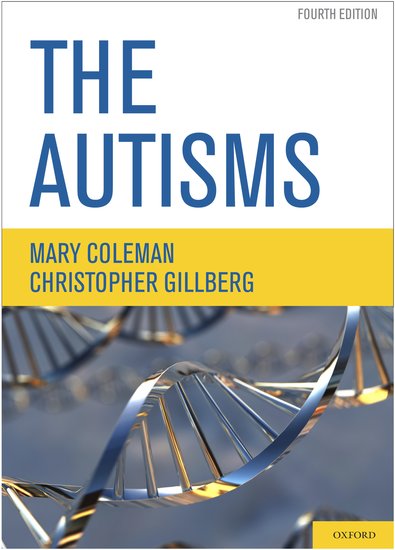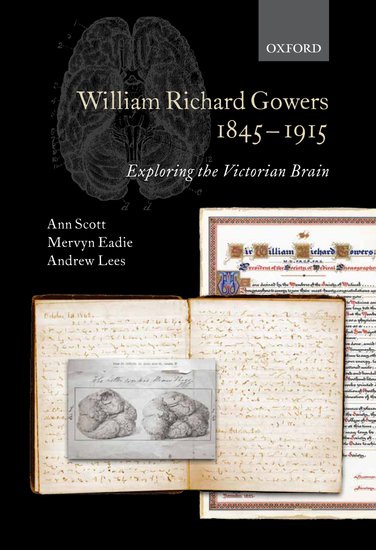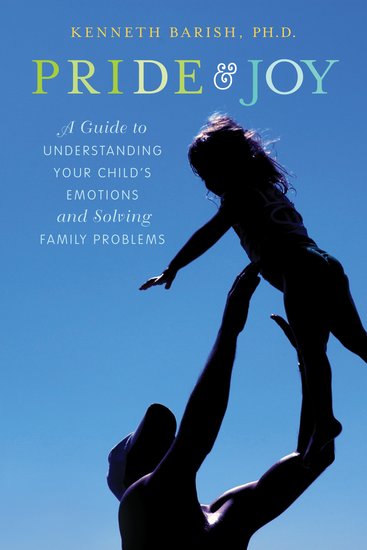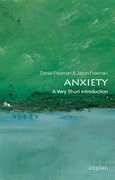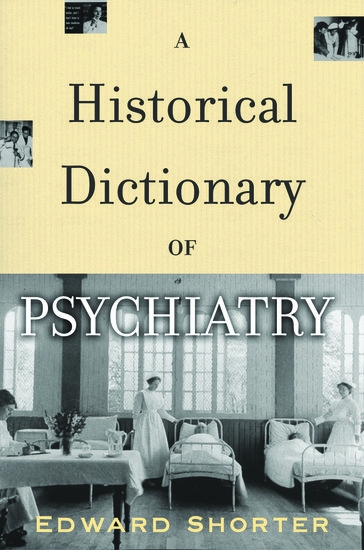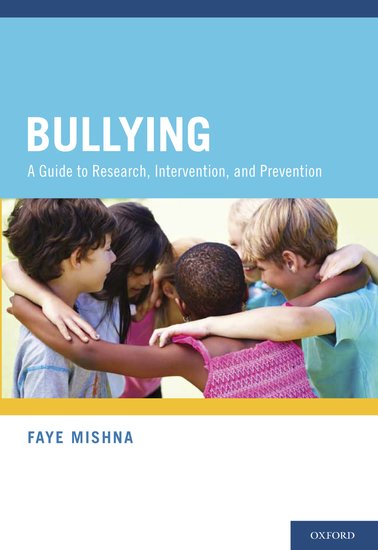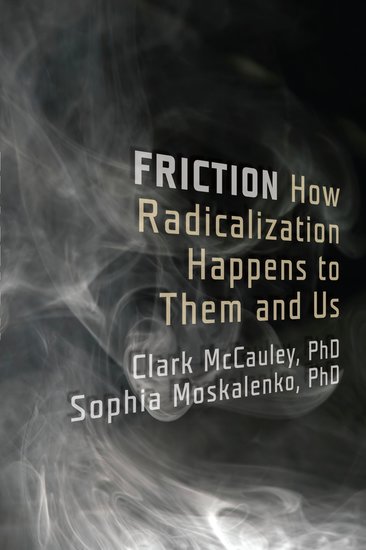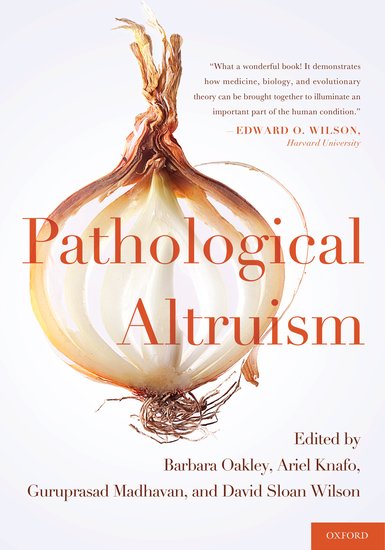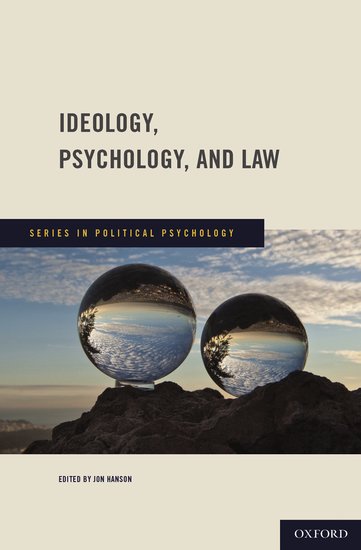The transformation of listening with the Walkman
By Amanda Krause
Not long ago, I saw an image floating around the Internet. It simply displayed two items — a cassette tape and a pencil — along with the following statement: “our children will never know the link between the two.” Upon a quick search to locate that image the other day, it looks like it was the topic of a reddit post back in 2011. But as viral things tend to do, it lingered, making its way into Facebook posts and into Internet “age tests” aimed at prompting either confusion or nostalgic reflection.

